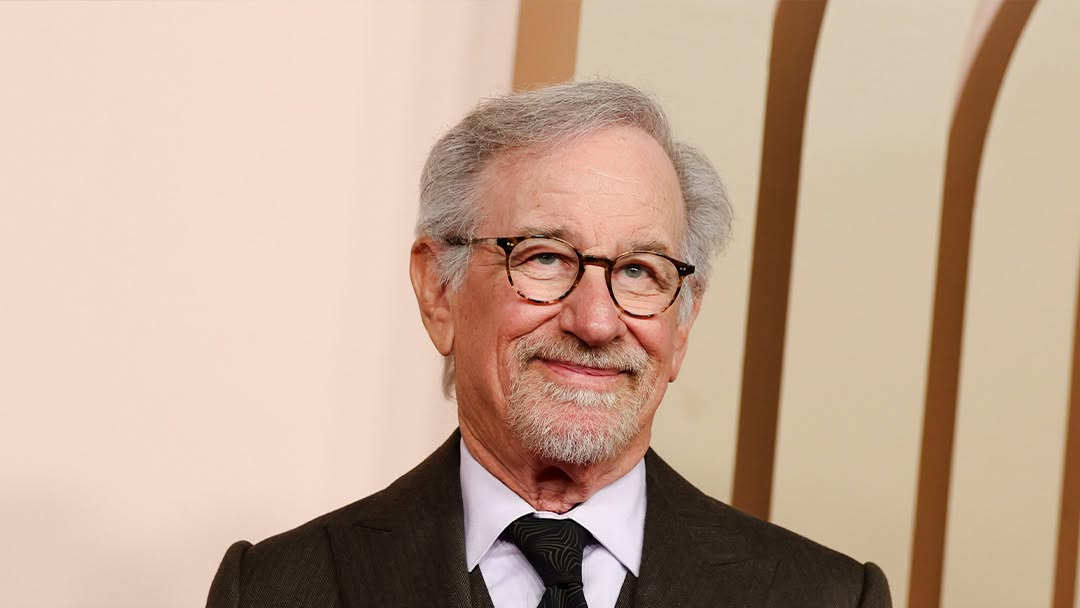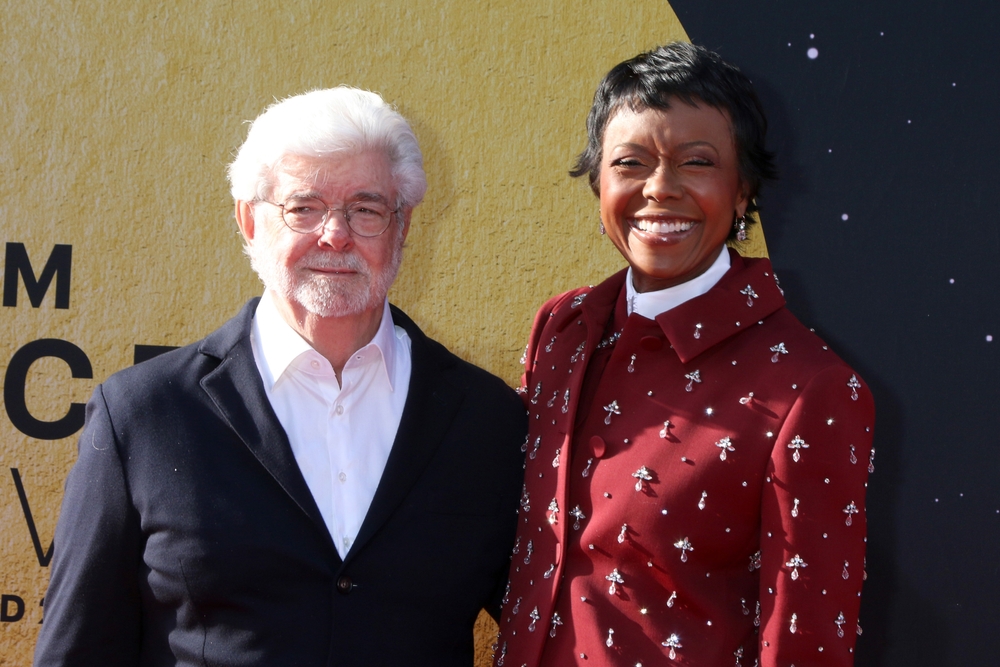The Top 10 Richest Producers: How They Built Cinematic Empires
Behind every blockbuster film, high-stakes streaming hit and global franchise sits a producer who masterminds financing, content rights, distribution and branding. In 2025, the richest producers are not just funding films — they’re building media empires, controlling back-end revenue and owning lucrative intellectual property. According to analysis reviewed by CEO Today, these 10 individuals have personal fortunes that rival major corporations. Below, we profile each one, examine how they made their wealth and extract lessons for business leaders.
1. Steven Spielberg– Approx. US$9.5 billion
Steven Spielberg is widely recognized as the richest film producer in history. He co-founded Amblin Entertainment and later was instrumental in forming DreamWorks Studios. His production empire spans more than 200 film and TV credits and includes franchises like Jurassic Park, E.T. and Indiana Jones.
But his wealth is not merely from ticket sales. He reportedly secured a deal to receive ~2 % of Universal theme-park receipts “in perpetuity”, turning his creative output into a perpetual revenue stream.
From a business executive perspective: Spielberg’s model shows the power of franchise ownership + diversified revenue — beyond the film’s box office, into licensing, parks, merchandise and global distribution.

Steven Spielberg
2. George Lucas – Approx. US$5.3 billion
George Lucas revolutionized the film-producer playbook with the creation of the Star Wars universe and the subsequent sale of his company, Lucasfilm Ltd., to Disney for more than US$4 billion. Finance Monthly+1
His empire rests on owning the content, the rights and the downstream licensing — toys, games, theme parks and spin-offs. Lucas’s strategy: make the world, then monetize the universe.
For media leaders: it’s a reminder that producing isn’t just making “a film” — it’s building a content ecosystem with durable, multi-platform value.

3. Thomas Tull – Approx. US$3.7 billion
Thomas Tull founded Legendary Pictures and backed major hits such as 300, The Hangover, Pacific Rim and Dune.
His success is rooted in leveraged finance: using private-equity, co-production deals, and sharing upside with studio partners. He built a scalable production business rather than a traditional director-producer model.
For business leaders: Tull’s playbook is an example of scaling production via deal-flow, strategic partnerships and IP investment.

Thomas Tull
4. Arnon Milchan – Approx. US$3.6 billion
Arnon Milchan co-founded Regency Enterprises and produced a string of hits — Pretty Woman, L.A. Confidential, 12 Years a Slave. Finance Monthly+1
His wealth originates from content that delivered both mass and critical appeal, paired with savvy rights management and global distribution networks.
Takeaway for executives: choose content that scales globally, maintain control of rights, and feed both commercial and prestige markets.
5. Jerry Bruckheimer – Approx. US$1 billion
Jerry Bruckheimer has produced some of the most iconic blockbusters: Top Gun, Pirates of the Caribbean, Bad Boys.
His formula: big budget entertainment, franchise expansions, consistent brand identity. Over decades he built a "Bruckheimer brand" of spectacle and commercial guarantee.
Business insight: building a consistent output and brand identity around your production company can create trusted market value.
6. Peter Jackson – Approx. US$1.5 billion
Peter Jackson’s The Lord of the Rings trilogy rewrote the rules of film-production scale. When his visual-effects company, Weta Digital, was sold for roughly US$1.6 billion, his personal fortune soared.
Jackson’s model: integrate production, ancillary business (VFX), and IP stakes.
Lesson for business leaders: building a vertically integrated enterprise (production + services + rights) can multiply value beyond films alone.
7. Tyler Perry – Approx. US$1 billion
Tyler Perry built an entertainment empire from the ground up: writer, actor, director and producer of the Madea franchise and beyond. He owns his own studio complex in Atlanta and controls content, production and distribution.
His business approach: own your platform, control production and distribution, minimise middle-men.
For C-suite readers: owning the value chain end-to-end is a powerful competitive advantage.

8. Jeffrey Katzenberg – Approx. US$900 million
Jeffrey Katzenberg co-founded DreamWorks Animation and steered films such as Shrek, Kung Fu Panda.
His success came through niche specialization (animation + family content) and global merchandising/licensing.
Broader insight: find a vertical (animation, horror, genre), own the IP and monetise globally — specialization matters.
9. Brian Grazer – Approx. US$400 million
Brian Grazer co-founded Imagine Entertainment and produced A Beautiful Mind, 24 and many other critically and commercially successful titles.
Though not a billion-dollar earner like others, Grazer’s diversified production across film and television illustrates how longevity and relevance matter in wealth building.
For business leaders: staying diversified across content types and platforms sustains value over time.

Brian Grazer
10. Scott Rudin – Approx. US$250 million
Scott Rudin has a vast catalogue including No Country for Old Men, The Social Network, and major stage-to-screen productions. enforbs.com
While more modest in net worth compared to others, Rudin’s focus on prestige content and awards manufacturing underscores that high-value niche production has its place alongside blockbuster film making.
Strategy takeaway: picking high-quality, award-winning content can build prestige that enhances brand and long-term intellectual-property value.
Conclusion
These ten producers are far more than movie-makers — they are media entrepreneurs, strategists and brand-builders. Their wealth is anchored not just in up-front production budgets but in rights ownership, global licensing, diversified distribution and strategic deal-making.
For business leaders and executives, the message is clear: own it, scale it, monetise it — whether in media, technology or content.
In the words of one industry analyst:
“Their financial success underscores that production is as much a business as an art — front-end creativity backed by back-end rights is the formula.”
By studying these producer business models, leaders in tech, media and entertainment can adapt frameworks for streaming, branded content and global IP ventures.














